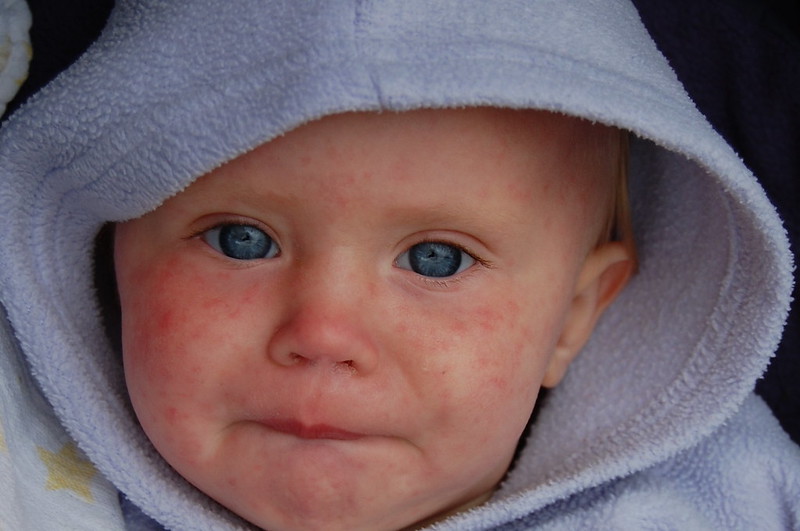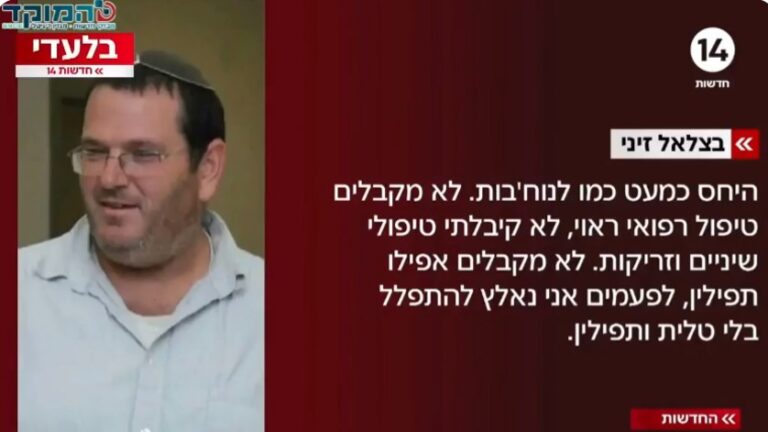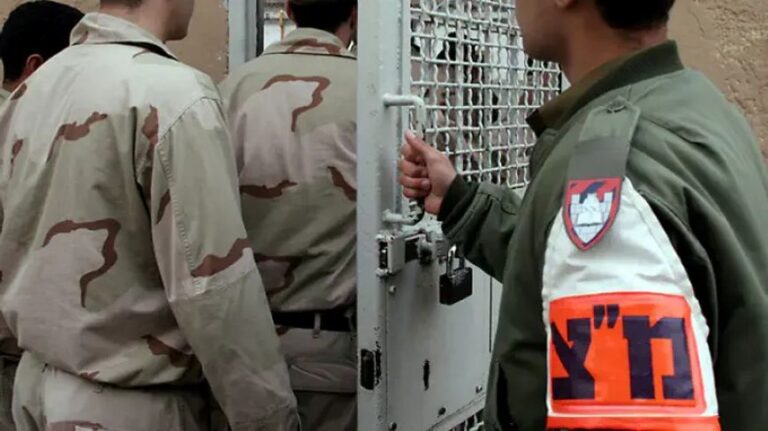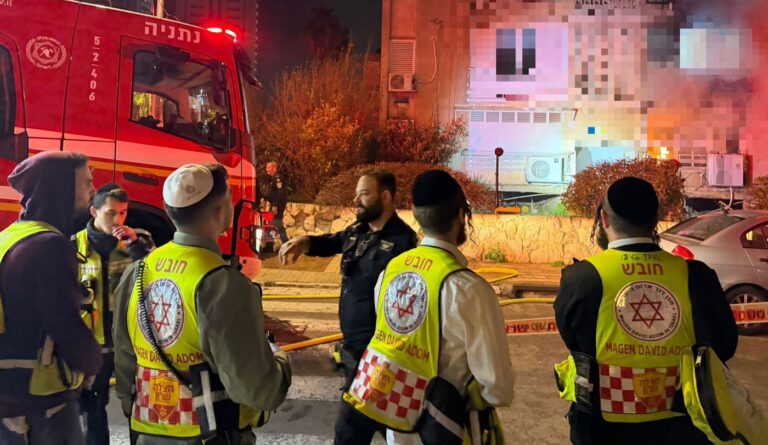A two-year-old girl has died at Hadassah Ein Kerem Hospital from complications linked to measles, Israeli health officials confirmed Sunday, marking the eighth child under the age of two and a half to die in the country’s fast-spreading outbreak.
The toddler had been hospitalized in the pediatric intensive care unit for ten days in critical condition and placed on an ECMO machine, the hospital said in a statement. Her death underscores mounting fears among public health authorities that the measles outbreak, which began in April, is spiraling beyond containment.
More than 1,880 confirmed cases have been recorded so far, though officials believe the real number is significantly higher. “We know that the illness is being underdiagnosed, and there are a few thousand additional patients with the disease,” said Dr. Sharon Alroy-Preis, Israel’s chief epidemiologist.
Health authorities say the vast majority of those infected — roughly 90% of the 562 people hospitalized — are children, most of them unvaccinated. The current outbreak is concentrated in Jerusalem and several Chareidi communities, where vaccination rates have lagged despite repeated government appeals.
“It is clear to us that the morbidity continues and will continue,” Alroy-Preis said. “We hope that we won’t see an additional increase in scope, but we need to remember that there are still thousands of unvaccinated children in Jerusalem and other localities.”
The Health Ministry has launched a renewed vaccination drive in affected areas, urging parents to bring children in for routine immunizations that had been delayed during the COVID-19 pandemic.
Israel’s outbreak mirrors a wider resurgence of measles across parts of Europe and the Middle East, fueled by declining vaccination rates, misinformation, and social resistance in certain religious and cultural communities. The World Health Organization warned earlier this year that measles cases worldwide rose by more than 70% compared to pre-pandemic levels.
For Israel, the outbreak represents both a medical and political challenge. The country’s universal health system has strong vaccination infrastructure, but local trust gaps — particularly in insular communities — have left pockets of vulnerability.
The government is now under pressure to expand outreach efforts, including partnerships with community leaders, to counter skepticism and misinformation about the MMR (measles, mumps, rubella) vaccine.
While officials have not yet declared a national emergency, public health experts say that without a sharp rise in vaccination coverage, Israel could see hundreds more hospitalizations in the coming months.
(YWN World Headquarters – NYC)












One Response
The world is very small. A few days ago, the Board of Health in Rockland County NY (Monsey) was calling people who had been in a grocery at certain hours to tell them that they had been exposed to measles by someone who came from Israel… Young babies who were not yet old enough for vaccinations were told by pediatricians to go to the emergency room erev Shabbos for immunoglobulin shots!